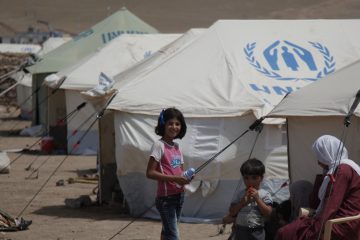
Overcoming challenges to the Inclusion of Persons with Disabilities in Emergencies
Including persons with disabilities in emergency responses is a shared responsibility of all humanitarian actors As discussed in the first article of this series, persons with disabilities have been overwhelmingly excluded from humanitarian aid in different crises worldwide. In general, services provided by governments and NGOs are not accessible to these individuals, increasing their vulnerabilities during emergency responses. Activists and NGOs, however, have been trying to change this unacceptable situation. Actors such as International Disability Alliance (IDA), International Disability and Development Consortium (IDDC), Humanity & Inclusion, Christian Blind Mission (CBM), HelpAge International, Light for the World, Sightsavers have been leading an international movement to guarantee that the needs of persons with disabilities are met during humanitarian crises. This article will introduce and contextualize these efforts, and …

How humanitarian crises increase the vulnerability of persons with disabilities
The World Health Organisation (WHO) estimates that 15 percent of the global population (or over 1 billion people) have some form of disability. These figures can grow even larger due to natural disasters or conflicts, when more people are exposed to debilitating accidents or violence. Despite general awareness amongst different actors that persons with disabilities are more likely to become subject to a vast range of risks during humanitarian crises, few practical actions are usually taken to reduce these perils. Many actors do not comply with the recommendations from international agreements on ensuring the participation of persons with disabilities in programming, nor do they recruit technical experts on inclusion. With that in mind, this article discusses the exclusion of persons …
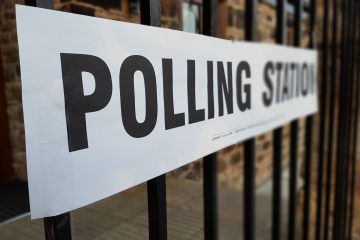
General election 2017: votes from anywhere
Some six months before Theresa May called a surprise general election, The Road to Somewhere was published. In it, David Goodhart argues that the old political divide, between left-wingers and right-wingers, has been superseded. The electorate, Goodhart claims, is now better divided between “anywheres” and “somewheres”. Peter Wiggins looks at the Goodhart argument in the context of the 2017 general election. Of “Anywheres”, “Somewheres” and “Inbetweeners” According to The Road to Somewhere, roughly 25% of the population are “anywheres” – they are mobile, metropolitan, liberal, tolerant, at home wherever they may be, and wary of group attachment. These voters are likely to be highly educated, and they tend to approve of “mass immigration,” subscribing, as Goodhart puts it, to “progressive …
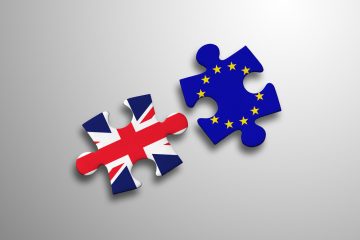
The young(-ish) have spoken. What now?
When Teresa May announced her snap election last April, she not only ruined my Roman holiday, but also made me cringe about having written a blog in the immediate aftermath of the Brexit referendum in which I had encouraged just that, namely: “Go with Dignity – Call a Snap Election!” Why? By then I had accepted the prevailing wisdom that the Conservatives would win a landslide victory, providing them with a three-figure majority in the Commons. This would have given her the popular mandate to push through Brexit in the ‘hardest’ possible form, thus nullifying any chance for a second ‘in-out’ referendum on the outcome of the Article 50 negotiations, which I had by then advocated in “The Will of …
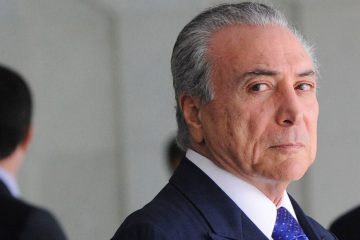
Will a different Brazil emerge from its political crisis?
It is tempting to speculate about what will happen next in Brazil after the abrupt and tantalizing unfolding of a new chapter in the country’s ongoing political crisis. Yet, it is important to first pause to note what is at stake: the country has just entered one of the most uncertain moments of its modern history. The foundations of the republic are crumbling before our eyes and the country’s long-term future is as unclear today as it has ever been. What the future of Brazil will be depends on the next few days and weeks. There is mounting pressure on President Michel Temer after the audio of a private conversation between him and Joesley Batista, co-owner of JBS (the world’s …
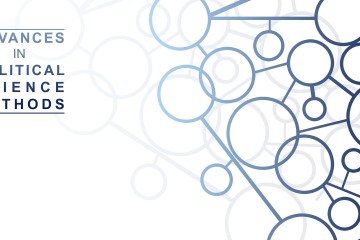
In Polls We Do Not Trust: The British Polling Experience
On 18th April 2017 Theresa May announced a snap general election to take place on 8th June. The announcement came as a surprise and was widely believed to be motivated by the large lead in the polls (approximately twenty points) that Ms May holds over her main rival, Labour Party leader Jeremy Corbyn. In calling the snap election at this point, Theresa May has put a lot of confidence in her projected lead in the polls. This is interesting because British election polls have previously been met with a large degree of skepticism and distrust. In this blogpost, I briefly explore the British polling experience and highlight the various explanations that have been provided for the UK’s poor track record …

What Brexit means for Britain’s future, according to Oxford University’s Chancellor
As Britain formally triggers the doleful negotiations to exclude itself from the mainstream of European politics and economics, Prime Minister Theresa May refuses to use the word “divorce” to describe what is happening. My wife, a retired family lawyer and mediator, thinks May could be correct. After all, the family house we are exiting still contains much of our history and family silver, as well as our future economic interest. In that sense, divorce is scarcely an option. Britain has not been as insular an island as some people take it to be. From our reigning royal family (which is German) to our exports (overwhelmingly to Europe), we have helped to shape and in our turn been shaped by developments …

Podcast: Trump’s first 100 days
An analysis of the policy implementation of Donald Trump’s campaign promises in his first 100 days as President of the United States of America. Hailing from New York, Gabriel Delaney studies Politics at Oxford University and has experience as a presidential election field organiser in Pennsylvania for the 2012 Obama campaign. As well as critiquing Trump’s presidency, Gabriel is very good at explaining some of the mechanics of the U.S. political system. This podcast was created and first published by the Wide Open Air Exchange.









